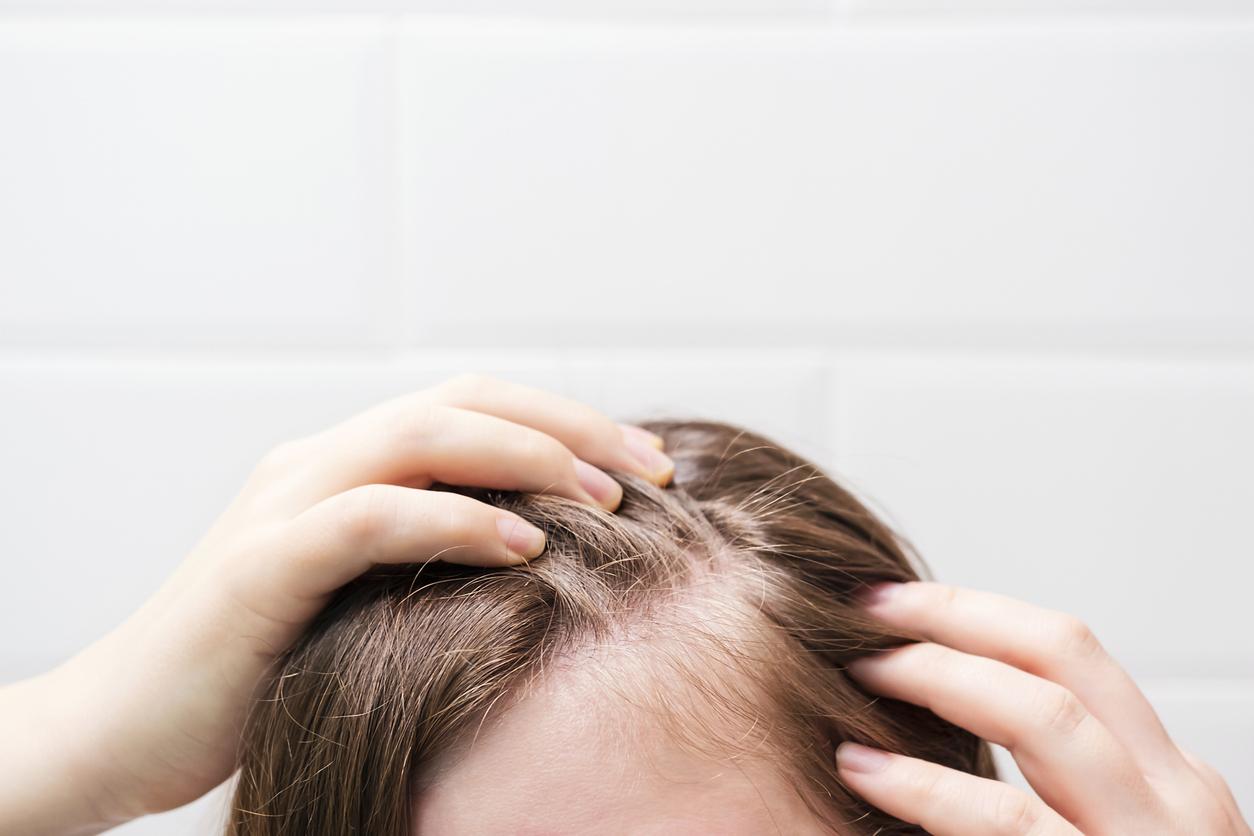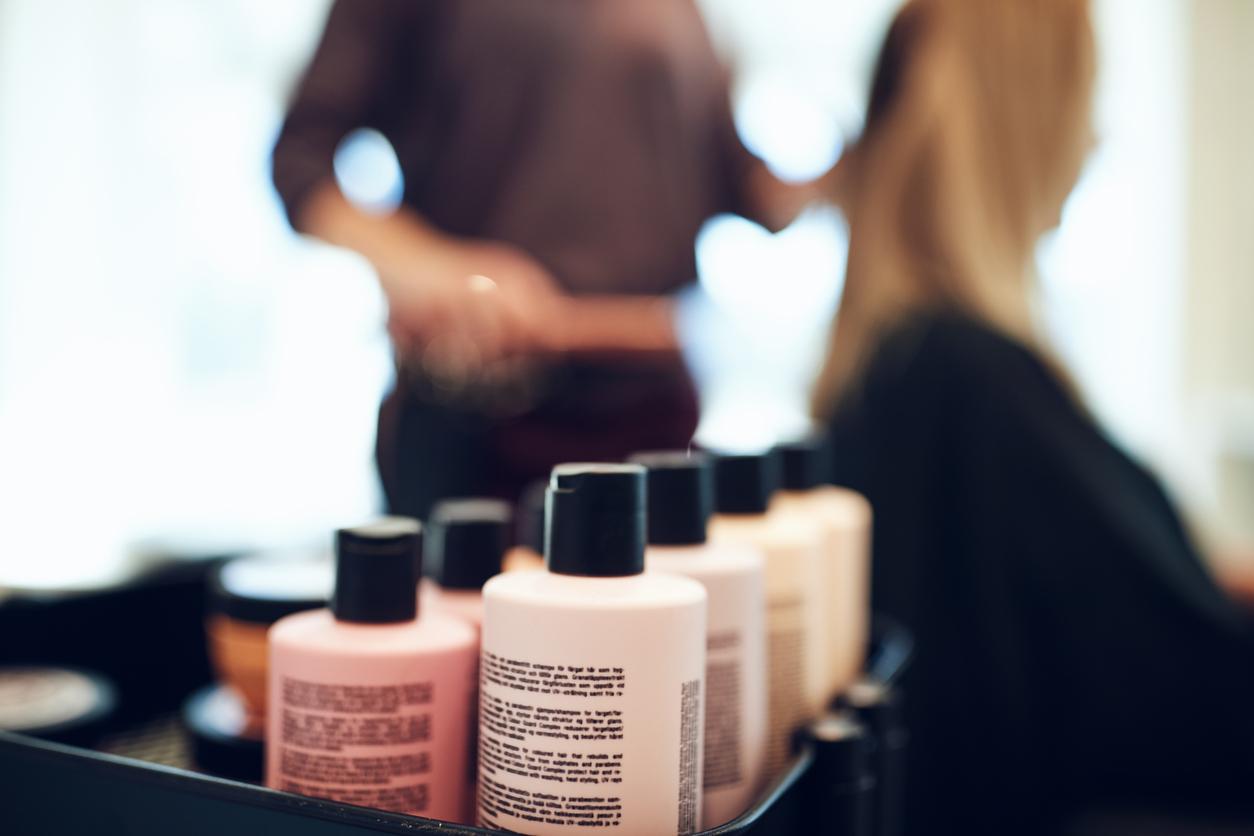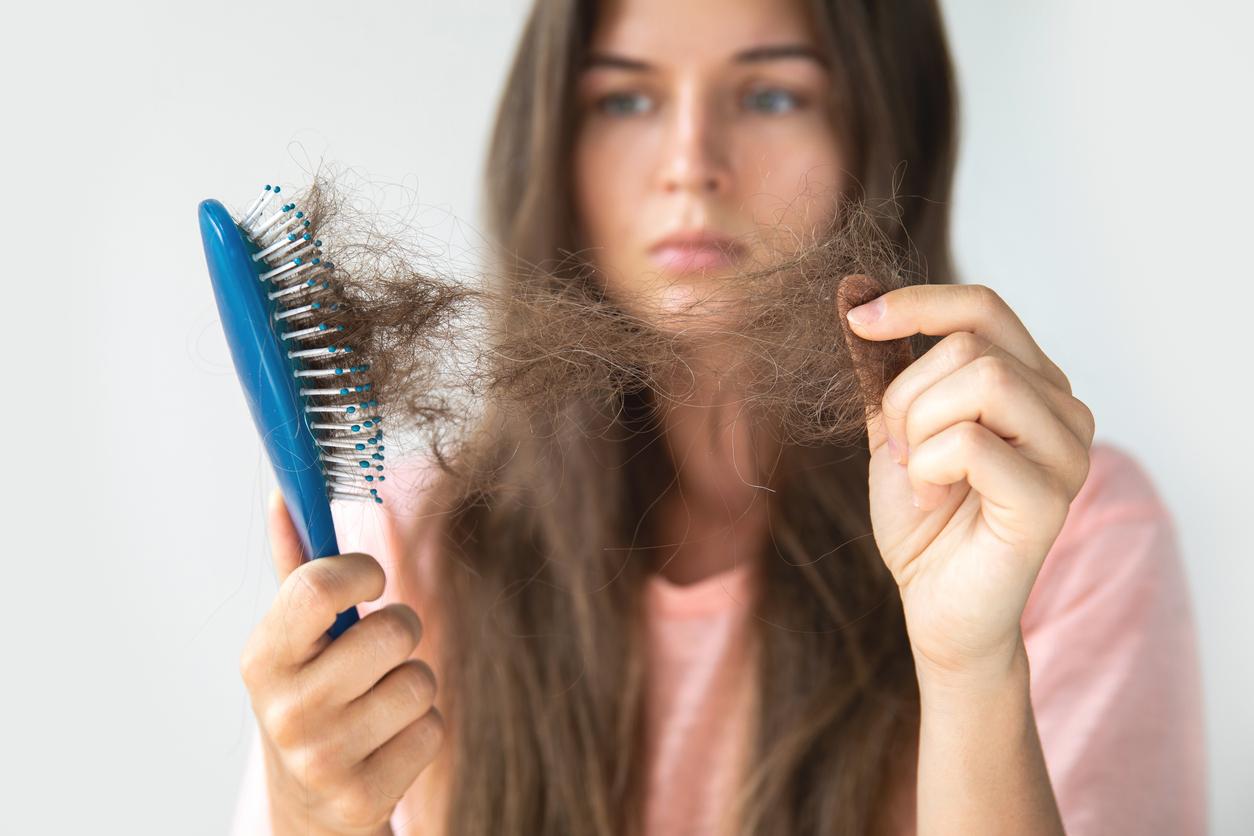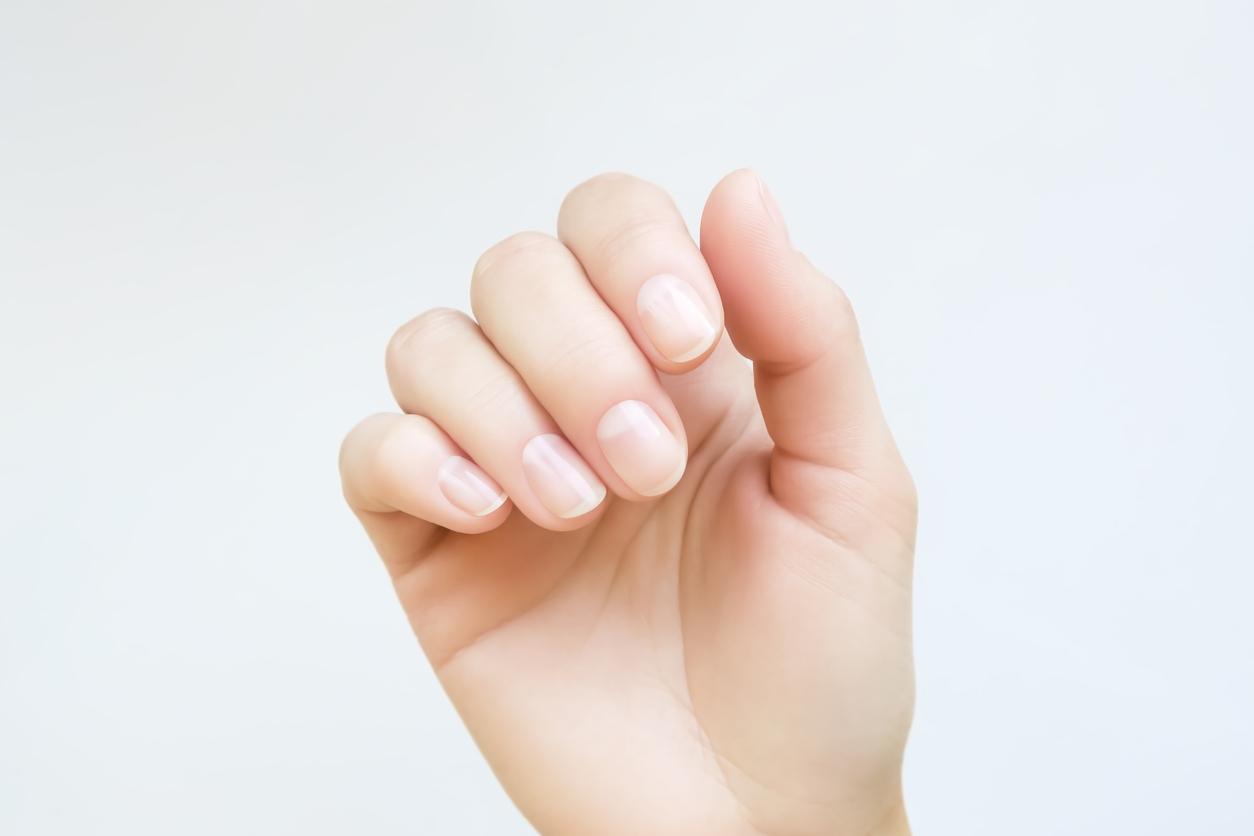What is linen?
Flax is a plant with bluish flowers from the linaceae family, it is native to Eurasia, particularly cultivated in France. Flaxseed has been consumed by human beings for millennia, the Georgians already consumed it in prehistoric times.
Flax seeds are harvested in July. They are known for their many nutritional benefits. There are brown and golden flax seeds, brown seeds are twice as rich in fiber as golden ones. However, their nutrient concentration is similar. Flaxseed can be eaten as is, but also in oil or powder.
This plant is also used to make clothes.
What are the properties of linen?
Like many seeds, there flaxseed has many properties therapeutic and nutritious benefits for the body.
- Flax is rich in essential fatty acids and particularly in polyunsaturated fatty acids.. Fatty acids make up 70% of its total weight. Flax seeds, like chia seeds with a very similar composition, contain record levels of 27% soluble and insoluble fiber and 20% protein. With 1.5 tablespoons of flax seeds a day, we cover 90 to 100% of our omega 3 needs.
- Flaxseed also contains a lot of nutrients: copper, iron, manganese, magnesium, vitamins, A, B9, E, zinc, etc.
- Flax is very beneficial for the digestive sphere. Its seeds are particularly effective in the fight against constipation. They contain soluble fibers which swell on contact with water in the belly, so as to cause a satiating and ballast effect.
- Its seeds, like those of chia, are known to facilitate weight loss. as part of a slimming diet. The soluble fibers present in flax seeds reduce the feeling of hunger, this appetite suppressant effect, reduces snacking, therefore, the consumption of other foods richer in sugars. In addition, its seeds also promote the production of good cholesterol, and thus help to limit the risk of cardiovascular disease.
- Flaxseeds are also carriers of phytoestrogens. Their consumption is recommended during menopause (due to a drop in estrogen levels), in order to reduce the disorders felt.
- Consuming flax seeds also promotes well-being by playing a beneficial role on the nervous system.. Their nutritional density in magnesiumvitamin B9 and iron, reinforce the cognitive functions and make it possible to limit the deficiencies. This concentration of nutrients also strengthens the immune system.
- Flax seeds are also beauty alliesthey are particularly appreciated for hair care.
- For its part, flaxseed oil contains many omega (3, 6 and 9) vitamins, including vitamin A, B and E but also Stigmasterol, Squalene and Flavonoid. These properties give it a strong healing and moisturizing power. This oil reduces skin problems, it helps to reduce the worries of eczema, psoriasis and acne.
Good to know 😛think about combining flax seeds with chia seeds. Their components synergize and surpass their individual nutritional effects.
How to consume flax seeds?
To consume flax seeds, it is necessary to degrade their envelope. Indeed, the body does not have the enzymes to eliminate it. When eaten as is, flaxseeds pass through the digestive system, without the person benefiting from their nutrients. Therefore, flaxseeds should be ground before ingesting. It is advisable to grind them yourself rather than buy them already ground, insofar as their shelf life is limited when they are ground. To eat them it is advisable to introduce them into the diet gradually, because they can cause intestinal disorders. It is possible to start by eating a teaspoon a day, gradually increasing to two teaspoons a day (it is possible to sprinkle them in a soup, a yogurt, a salad…).
Good to know : flaxseeds do not contain gluten. So, people allergic or intolerant to gluten can consume them without risk.
Is flaxseed oil edible?
Yes, it can be consumed like olive oil, rapeseed oil, walnut oil and sunflower oil. The nutritional qualities of this cold-pressed oil are highly valued by consumers, as is its nutty taste. However, this oil is not meant to be eaten cookednot tolerating heat, it is therefore eaten raw without exception.
In cosmetic care, the oil flax seeds help strengthen the hair sheath, it hydrates and gives more suppleness and shine to the hair. To avoid breakage or the appearance of split ends, a few drops on the ends are enough.
Good to know : flax seeds are cold pressed to obtain flax vegetable oil. In food or cosmetic use, it is advisable to consume only the cold extracted oil. The hot-extracted oil is used exclusively for the treatment of wood.
How to store flaxseed oil?
Flaxseed oil can be stored for three to nine months in the refrigerator. It is advisable to keep it in an opaque bottle, because this oil oxidizes quickly. If it has changed color, and it gives off a strong odor, you should refrain from consuming it.
What are the cosmetic benefits of linseed gel?
In cosmetics, linseed gel can be used on skin and hair. This gel has firming properties, thanks to its tightening and moisturizing effect.
How to prepare flaxseed gel?
You can prepare the gel with 20 g of flax seeds (brown or blond).
- You will need to pour the seeds into a saucepan with two glasses of water.
- Boil for about 10 minutes. During cooking, it is necessary to stir the preparation from time to time to prevent the seeds from sticking to the bottom.
- When the water becomes viscous, it’s a good time to remove the pan from the heat and let cool. Before the gel is cold, it must be filtered to remove all the seeds.
This gel is renowned for defining curls and deeply hydrating the hair. It can be used on wet or dry hair, alone or well mixed with hair masks, glycerin, aloe vera or oil.
Good to know : flax seeds are reusableyou can make up to 3 rounds of gel with the same seeds, just place the ones you used in a small bag in the freezer and take them out for the next preparation.
What are the contraindications of flaxseed?
- Flax is contraindicated for people who suffer from intestinal problems: occlusions or diverticula.
- Children under 12 should not consume it either.
- Flax seeds should not be consumed in excess to avoid any adverse effects on the intestines.
Read also: Rosemary: what benefits, how to use it?Mallow: origins, health benefits, how to use it?Nettle: health benefits, effects on hypertension, when to take it?Cranberry (Cranberry): health benefits, urinary tract infections, why take ?

















